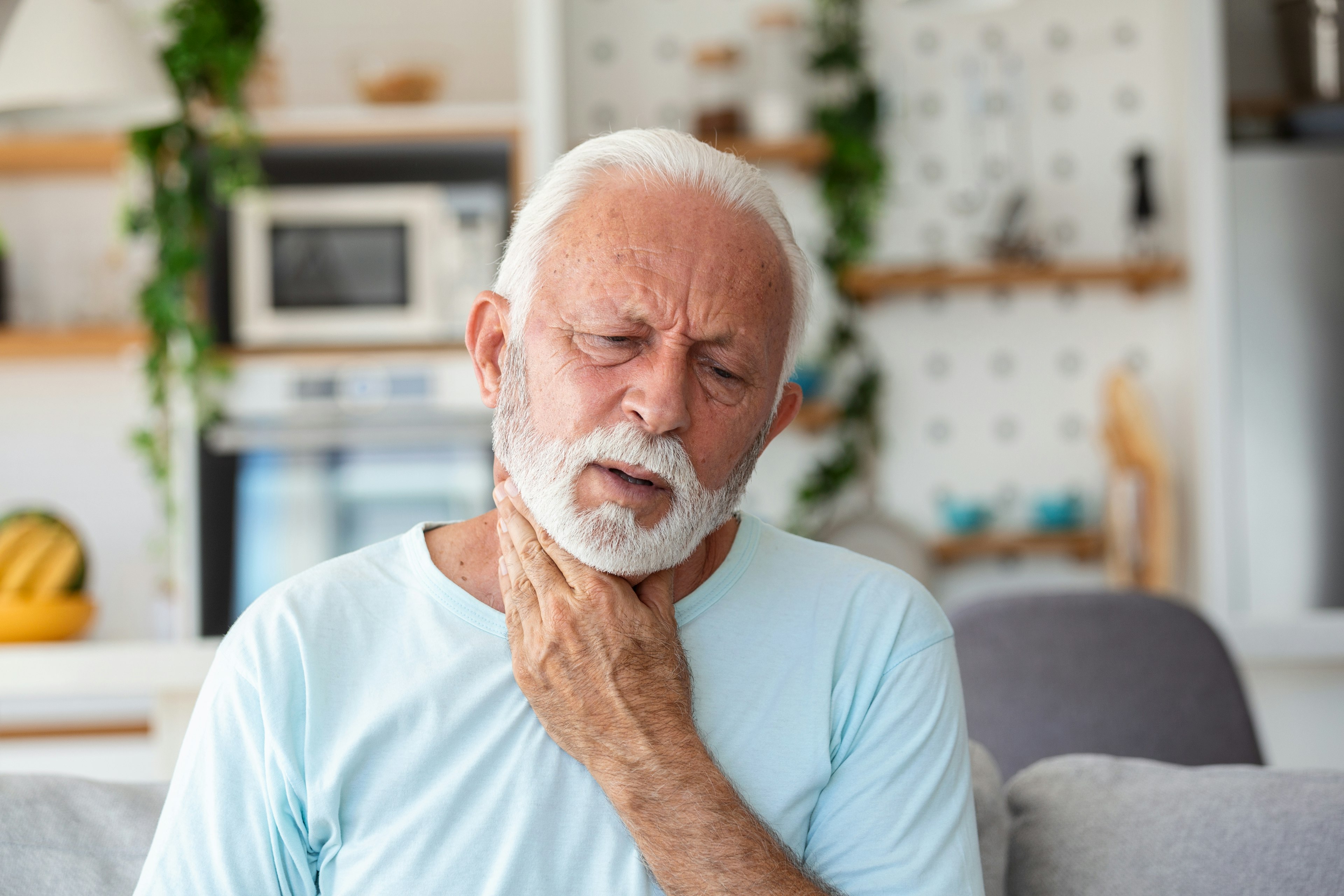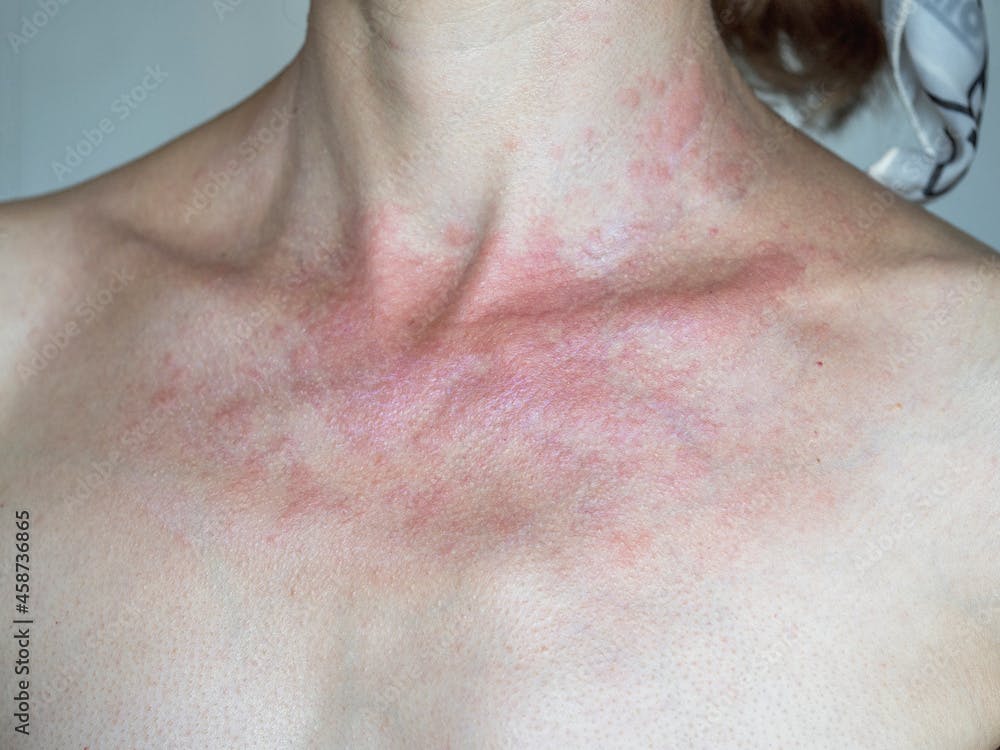Dealing with allergies often means managing symptoms like sneezing, itchy eyes, and a runny nose. But what about swollen lymph nodes? Can allergies be the cause of those small, swollen bumps? Let’s explore this topic and clear up some common misconceptions.
How Your Body Reacts to Allergens
Allergies occur when your body overreacts to normally harmless substances, like pollen or pet dander. When you encounter these triggers, your immune system releases chemicals that cause those familiar allergy symptoms. It’s your body’s way of trying to protect you.
Your Lymphatic System: The Unsung Hero
Your lymphatic system plays a crucial role in keeping you healthy. It’s like your body’s clean-up crew, with lymph nodes acting as little filtering stations throughout your body. These nodes help trap harmful substances and are an important part of your immune defense.
The Truth About Allergies and Swollen Lymph Nodes
Let’s set the record straight: allergies themselves don’t typically cause swollen lymph nodes. This is a common misunderstanding. Swollen lymph nodes are usually a sign that your body is fighting off an infection, not an allergic reaction.
So why the confusion? It’s because allergies and infections can sometimes present similar initial symptoms, like a runny nose or congestion. However, there are key differences:
Allergy symptoms typically include sneezing, itchy eyes, runny nose, and congestion. They don’t cause fever or swollen lymph nodes.
- Allergy symptoms typically include sneezing, itchy eyes, runny nose, and congestion. They don’t cause fever or swollen lymph nodes.
- Infection symptoms may include runny nose and congestion but can also cause fever and swollen lymph nodes.
The Indirect Link Between Allergies and Swollen Lymph Nodes
While allergies don’t directly cause swollen lymph nodes, there is an indirect connection worth mentioning. Allergies can sometimes make you more susceptible to infections, especially in your sinuses or respiratory tract. If you develop an infection as a result of your allergies, then you might experience swollen lymph nodes as your body fights off that infection.
When to See a Doctor for Swollen Lymph Nodes
If you’re experiencing swollen lymph nodes, it’s important to pay attention to your symptoms. Here are some signs that it’s time to check in with a healthcare provider:
- Swollen lymph nodes that last more than two weeks
- Lymph nodes that feel hard or seem to be growing quickly
- Accompanying symptoms like fever, night sweats, or unexplained weight loss
- Swelling in multiple areas of your body
Your doctor will help you identify the root cause of your symptoms and provide the right care.
Tips for Reducing Infection Risk from Allergies
While managing your allergies won’t directly prevent swollen lymph nodes, it can help reduce your risk of developing secondary infections. Here are some tips:
- Identify and avoid your allergy triggers when possible
- Keep your living space clean and free of dust and allergens
- Consider using air purifiers to improve indoor air quality
- Strengthen your immune system with a healthy diet, regular exercise, and adequate sleep
- Follow your allergy management plan as recommended by your healthcare provider
Key Takeaways on Allergies and Swollen Lymph Nodes
Allergies and infections sometimes feel similar at first. Recognizing the distinctions and paying attention to your specific symptoms can help you tell the difference. Though allergies don’t directly cause swollen lymph nodes, they may lead to infections that might. If you have concerns or questions about your symptoms, we’re here to provide guidance and care!




